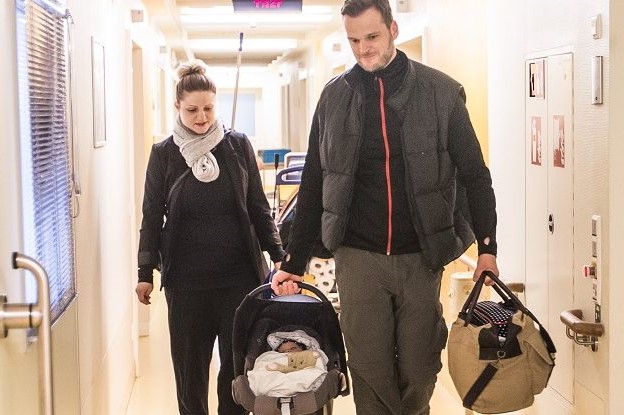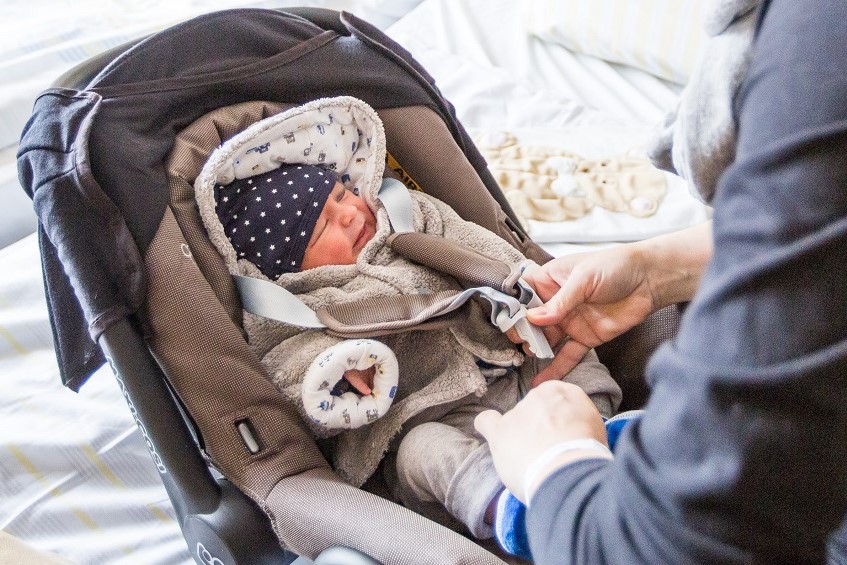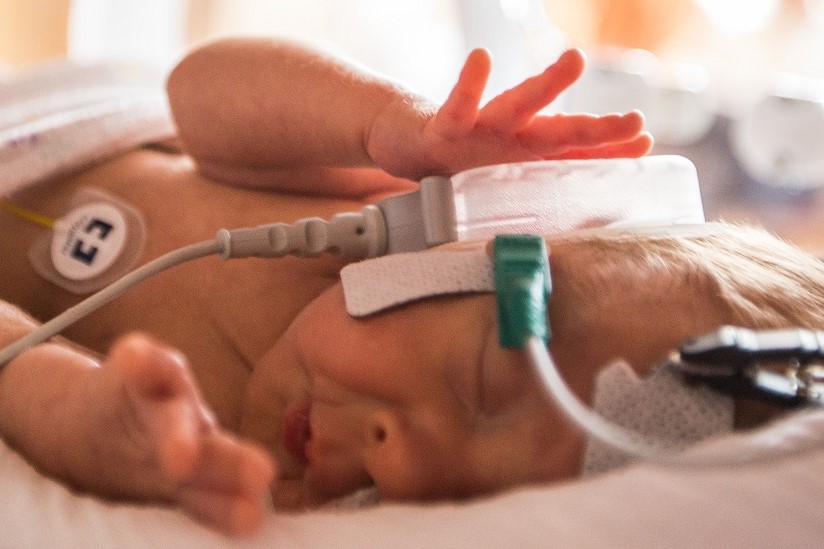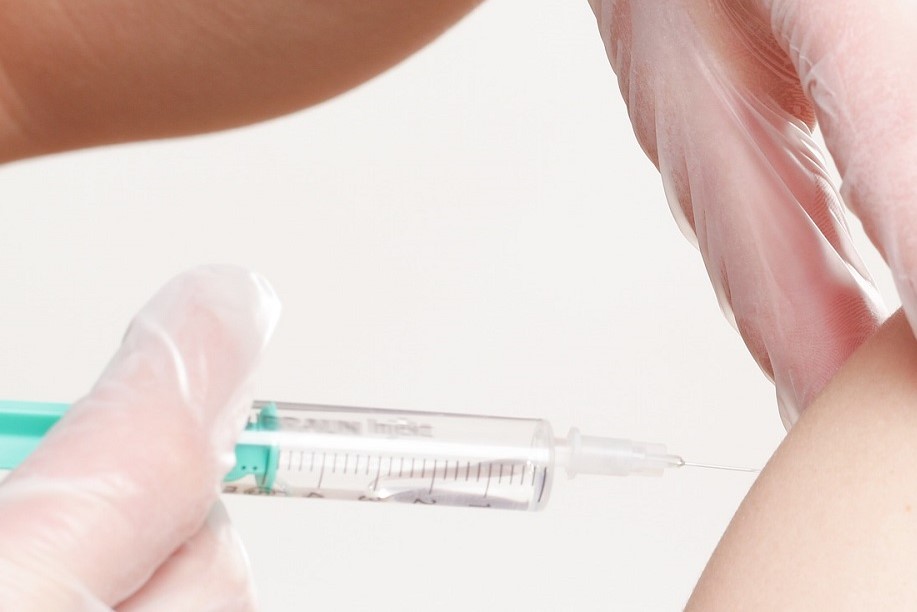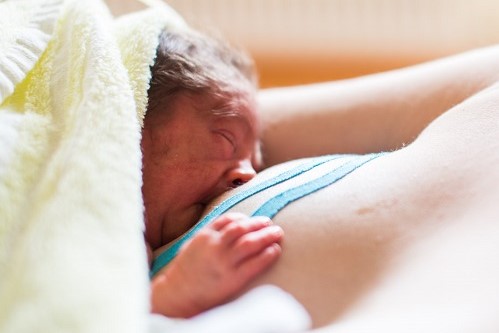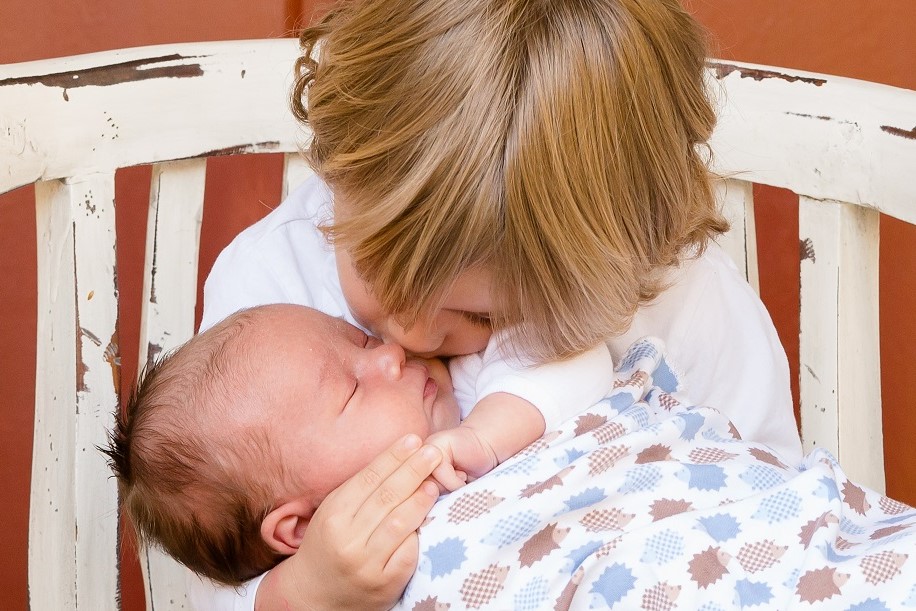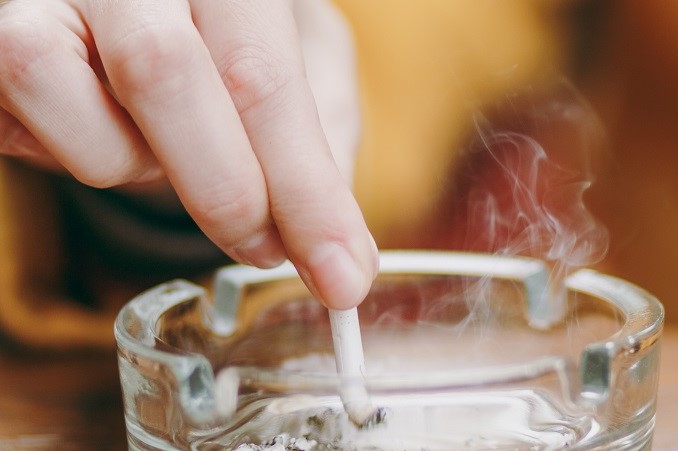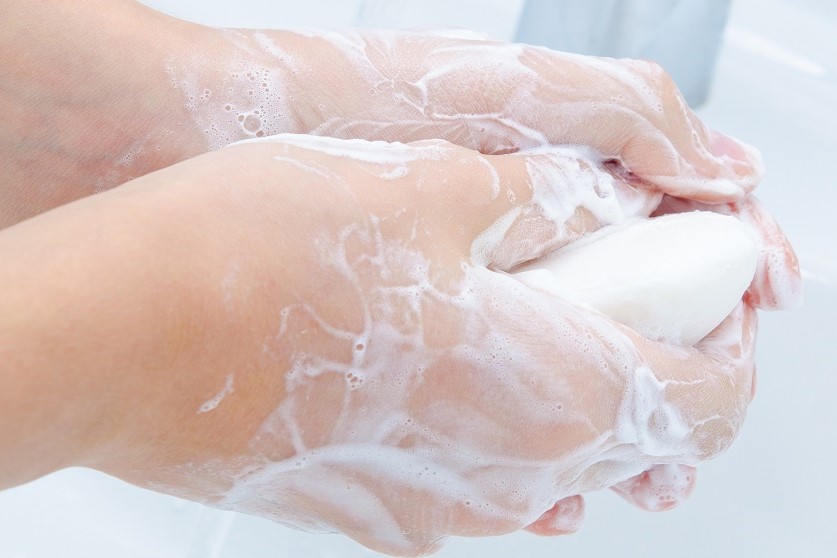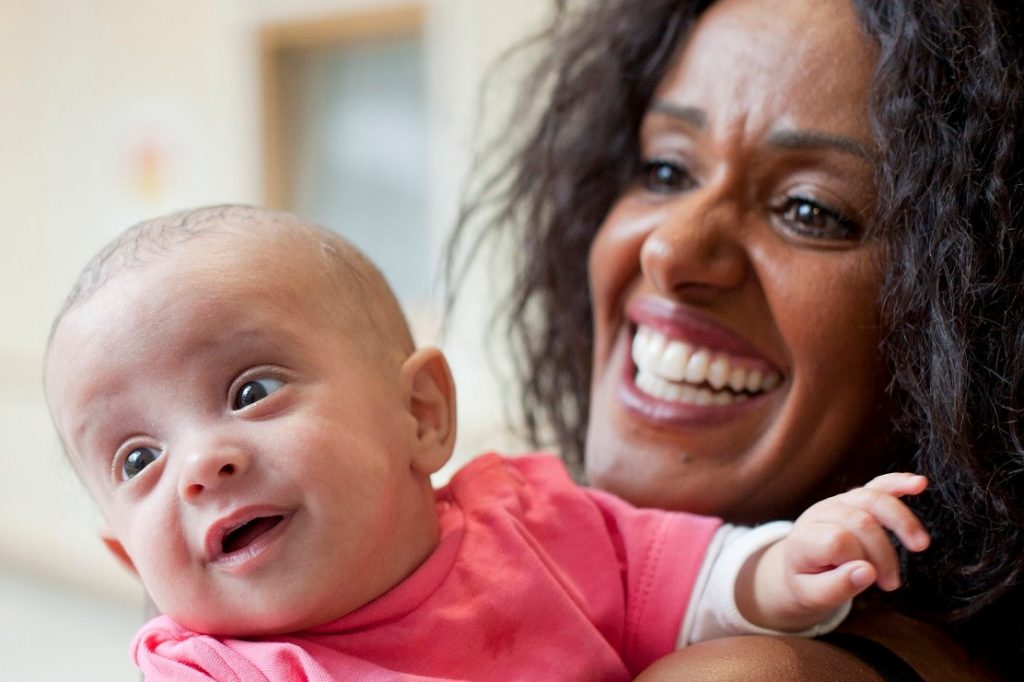Going Home
Going home is usually determined by the overall development, the stage of adaption, and the current health status of the baby. There are different requirements for discharge such as control of breathing without apnoea, no signs of illness, sufficient feeding skills, weight gain, and independent control of body temperature. Parents should also feel well-prepared for taking over the responsibility to care for their baby at home. A plan for regular contacts with the NICU, home visits or other follow-up care services (e.g. medical check-ups or lactation counselling) should exist before leaving the hospital as well as an enrolment in a follow-up programme for the development of preterm infants.
While still in the hospital, the healthcare team can help reassuring the parents, guiding them towards this important moment by teaching them all they need to know and by involving the parents step by step in the daily care procedures from the time of admission to the hospital until the parents finally take over all parenting activities. Should the baby require special equipment at home, parents receive training and detailed instructions.
The following content was last reviewed in August 2017

